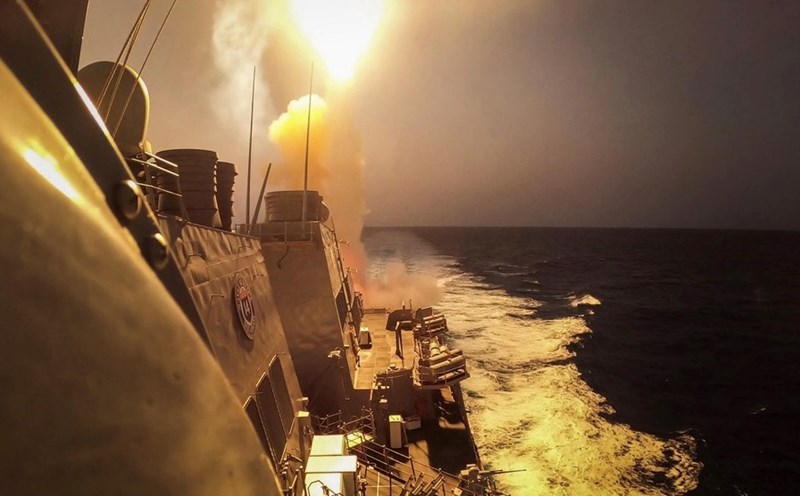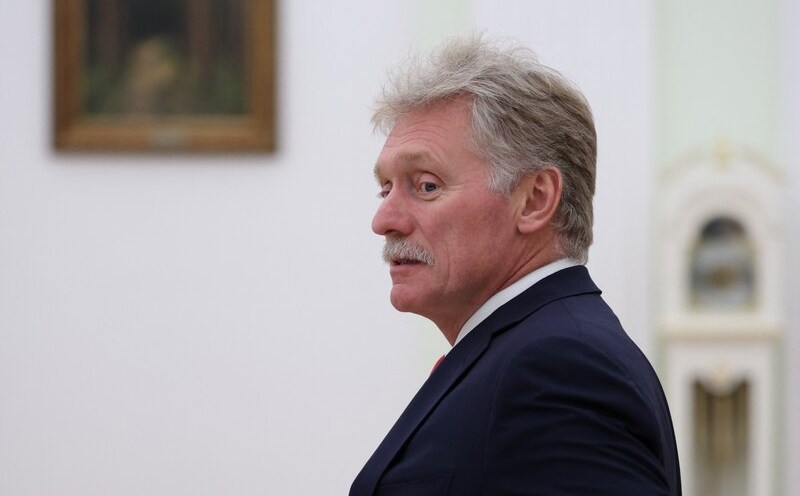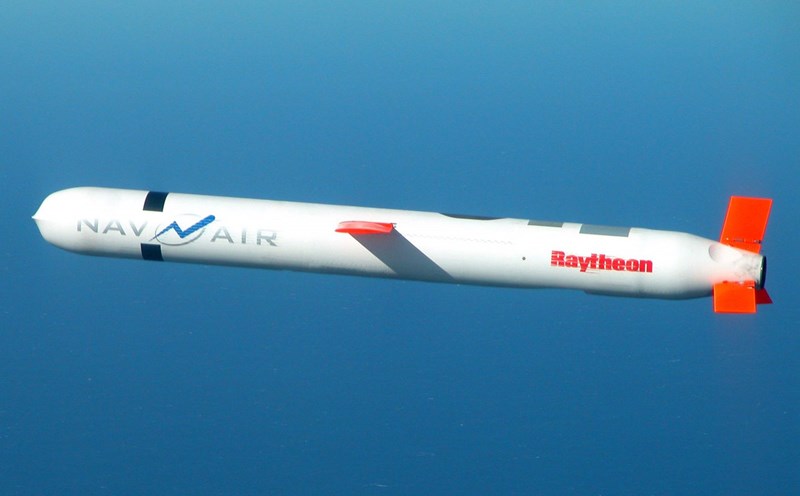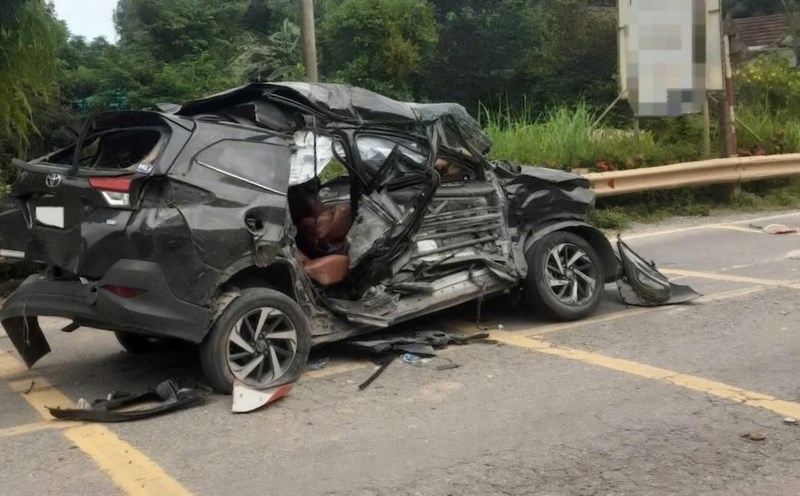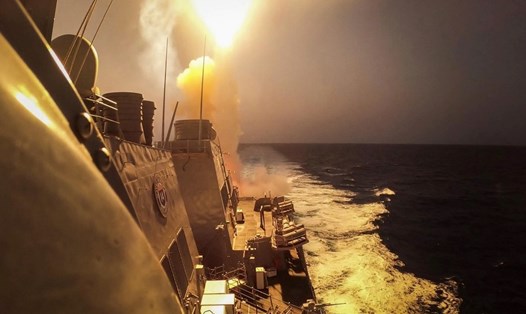On October 5, US President Donald Trump made a surprising move when accepting Russia's proposal to continue maintaining the limitation of strategic nuclear weapons under the New START treaty despite tensions between the two countries when the Ukrainian conflict has no way out.
Speaking at the White House, Mr. Trump said that Russian President Vladimir Putin's proposal "sounds like a good idea" when asked whether it would continue to apply restrictions on deployed nuclear warheads. He emphasized: "We need to do everything to keep this world safe."
Mr. Putin's proposal was published on September 22, in which he called on the US and Russia to voluntarily maintain current limits on strategic nuclear weapons, instead of letting the New START treaty expire in February 2026. The treaty was extended by both sides in 2021 until 2026.
The response from Russia was quick. Russian Ambassador to the United Nations Vassily Nebenzia said Russia is still waiting for an official response from the United States, and is ready to resume dialogue if the United States agrees.
However, Mr. Putin's nuclear control proposal is not separate from the current tensions between the two countries. Mr. Putin clearly warned that if the US provided Tomahawk cruise missiles to Ukraine - weapons capable of hitting deep into Russian territory, the relationship between the two countries could be "completely destroyed".
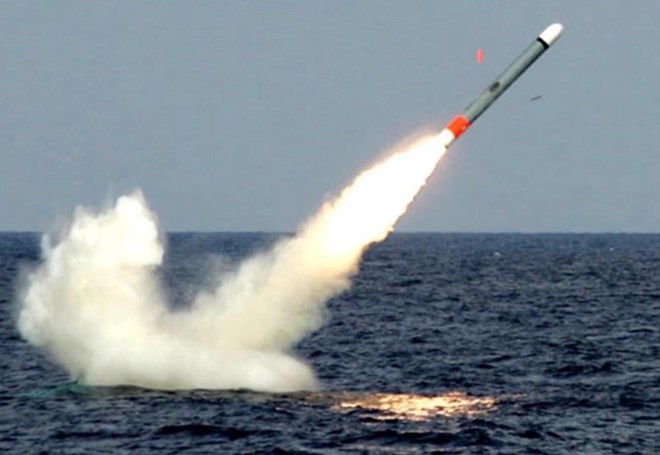
Meanwhile, the possibility of the US transferring Tomahawk to Ukraine is very limited, as this missile depot has now been prioritized for serving the US Navy and current missions, making it not easy to extract and send to Kiev.
Experts analyze that Mr. Trump's comments can be understood as a diplomatic gesture to reduce nuclear tensions, while keeping the US flexible in choosing in the future.
The New START Treaty is the last strategic nuclear control agreement in effect between the two countries, limiting each side to no more than 1,550 strategic nuclear warheads and 700 means of transport (ary stations, Submarines, aircraft).
With the treaty about to expire and unable to continue to be extended under the terms, the future of nuclear arms control between Russia and the US is becoming extremely uncertain.
Without a replacement deal, the world could enter a new phase of an uncontrolled nuclear race, in which strategic tensions in Europe and between nuclear powers will increase strongly.

